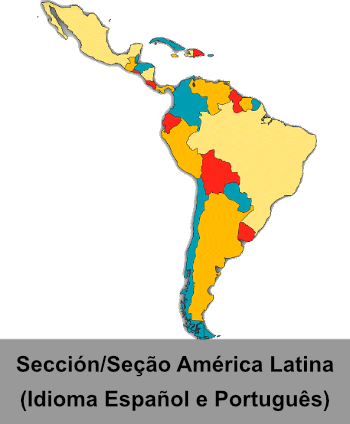Dr Douglas Cormack follows up last weeks reports on initiatives on decanting settled-out water during spill response and controlled release of oil/HNS for R&D purposes. He describes the background to the ISCO initiative in developing a more effective approach to contingency planning that properly takes into account and applies available scientific knowledge.
The R&D programme conducted by the UK’s Warren Spring Laboratory into Oil/HNS pollution and response produced the environmental knowledge now under review in Cormack’s Column. However, environmentalist belief in species-extinction/ecological disaster has always opposed full use of this knowledge despite being refuted by it.
Thus, we have long known that fully spread layers of Oil/HNS are too thin to produce more than a few parts per million in the top metre of the water-column; that these concentrations subsequently tend to zero by dilution and degradation within the column as a whole without significant toxic effects; that the numbers of heterotrophic bacteria at the base of the ecosystem/food-chain actually increase where oil component concentrations extend their food supply beyond the degradation-products of more complex species within the ecosystem’s organic carbon-cycle; that while oil slicks coat individual birds, the significance of the numbers thus dying are assessable only by comparison with the death/birth rates which maintain species populations; that environmentalists publish no such comparisons; and that, in any case, no incident has thus far produced the species extinction/ecological-disaster which belief expects and reality fails to deliver. Nonetheless, it is this belief which prevents the decanting of water in incident response and the release of Oil/HNS for R&D.
However, even more paradoxically, this belief also inhibits use of safe-haven for the cargo/bunker transfer which, in preventing further release, reduces the coating of shorelines and organisms. Again, this belief paradoxically inhibits the use of dispersants to increase the natural dispersion rates which do more to prevent the coating of shorelines and organisms than either dispersant application or mechanical recovery for which the encounter rates are limited by the layer-thinness which limits dispersed oil concentrations, whether natural or dispersant-induced.
Thus, on the basis of knowledge-acceptance/belief-rejection, ISCO is preparing a general-contingency/ incident-specific approach to response planning in which the latter will derive from the former. Thus, the contingency plan will identify the physicochemical parameters of Oil/HNS which control the floating, sinking, evaporating, emulsifying dispersing and dissolving rates of pollutants at sea and which predict the amounts remaining for dispersant treatment, mechanical recovery and/or stranding as functions of time and wind/tide vectors. Further to stranding, the contingency plan will identify the shoreline parameters which govern pollutant adhesion/penetration, dispersion, recovery, downstream-processing, heterotrophic bioremediation, recycling and/or disposal.
Thus, the contingency plan will be a general repository of response knowledge available to all who need/want to know, while substitution of incident-specific values for the parameters relating to the substance released, and to the shorelines of interaction, will derive the incident-specific action/inaction plan for each incident in sequence. Conversely, record keeping during implementation of incident-specific action plans will keep the general contingency plan up-to-date as a counter to the frequency of national staff changes and the infrequency of major incidents.
The intention is to bring this knowledge-accepting/belief/rejecting approach to the attention of IMO and individual member states; to publicise the familiarity of ISCO/ISAA contractors with it; and to commend them to IOPCF, ITOPF, P&I Clubs etc as cost-effective alternates to the current non-cost-effective thraldom of reality-refuted belief.





